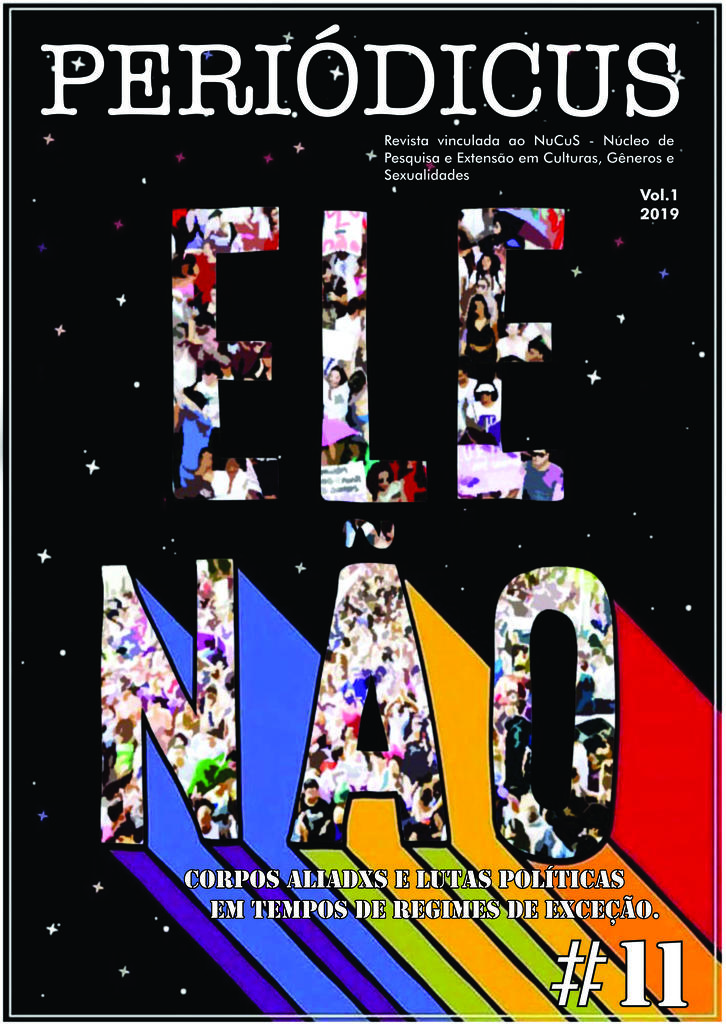Espaços, existências e resistências: mulheres na pós-graduação da Tecnológica
DOI:
https://doi.org/10.9771/peri.v1i11.28585Abstract
Este estudo objetiva discutir como se dá a presença discente/docente na pós-graduação do Campus Curitiba da Universidade Tecnológica Federal do Paraná (UTFPR). Estudos Críticos de Gênero apontam que a baixa presença de mulheres em ciências, tecnologias, engenharias e matemática (CTEM), se deve a sexismos vivenciados por elas desde os seus primeiros anos de escolarização, reverberando em escolhas futuras profissionais. O estudo é predominantemente quantitativo/interpretativo, embora aspectos qualitativos tenham sido considerados na pesquisa. Os dados foram coletados nos sites dos cursos e de agências oficias de fomento brasileiras em 2016. Aplicou-se, também, questionários online ao universo de 718 estudantes de 14 cursos do Campus Curitiba, entre dezembro de 2016 a fevereiro de 2017, totalizando 83 respostas. Os dados explicitaram a baixa presença de mulheres docentes/discentes, sobretudo nas engenharias. Os relatos dos/as participantes indicaram que questões de gênero permearam suas trajetórias acadêmicas.Downloads
Downloads
Published
How to Cite
Issue
Section
License
Copyright (c) 2019 Revista Periódicus

This work is licensed under a Creative Commons Attribution-NonCommercial 4.0 International License.
Authors who publish in this journal agree to the following terms:
Authors retain copyright and grant the journal the right of first publication, with the work simultaneously licensed under a Creative Commons Attribution Noncommercial License that allows the work to be shared with acknowledgment of authorship and initial publication in this journal, but prohibits commercial use.
Authors are authorized to enter into separate additional contracts for non-exclusive distribution of the version of the work published in this journal (e.g., publishing in an institutional repository or as a book chapter), with acknowledgment of authorship and initial publication in this journal.
Authors are permitted and encouraged to publish and distribute their work online (e.g., in institutional repositories or on their personal website) at any point before or during the editorial process, as this can generate productive changes and increase the impact and citation of the published work (see The Effect of Open Access).








